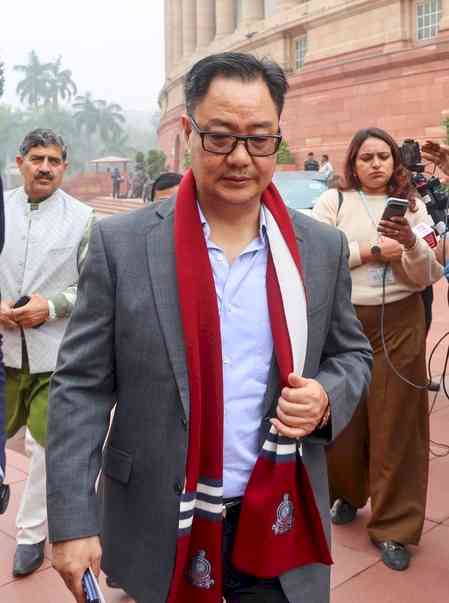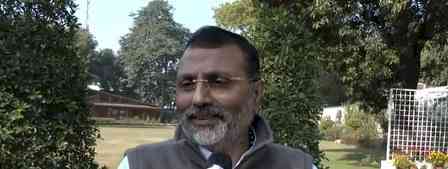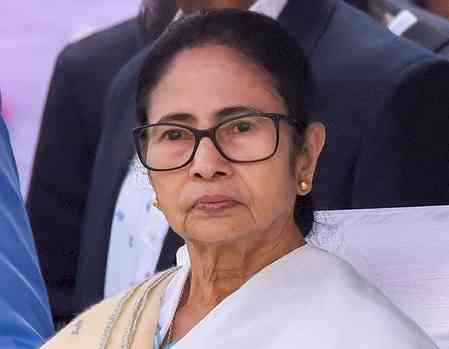During the era of slavery, Vande Mataram became voice of India’s awakening: PM Modi
Prime Minister Narendra Modi on Friday inaugurated the year-long commemoration of 150 years of the National Song at the Indira Gandhi Indoor Stadium here, saying that during the era of slavery, 'Vande Mataram' became the voice of India’s awakening.

New Delhi, Nov 7 (IANS) Prime Minister Narendra Modi on Friday inaugurated the year-long commemoration of 150 years of the National Song at the Indira Gandhi Indoor Stadium here, saying that during the era of slavery, 'Vande Mataram' became the voice of India’s awakening.
Addressing the gathering, Prime Minister Modi said, “From the eternal journey of humankind, we have learned and drawn new conclusions from time to time. Based on those learnings, we shaped and refined the values and ideals of our civilisation. Our ancestors, sages, seers, and divine souls gave us a distinct cultural identity.”
PM Modi continued, “During the era of slavery, Vande Mataram became the voice of India’s awakening -- a declaration that the chains of bondage binding Maa Bharati would be broken by her own children, who would then become the makers of their own destiny. Vande Mataram has always been relevant and has achieved immortality. The first line, ‘Sujalam suphalam, malayaja shitalam, shasyashyamalam, Mataram!’ means we bow down to our land, abundant in natural beauty and prosperity. This is the thousand-year-old identity of India. This land has always possessed the power to yield gold.”
“In 1875, Bankim Chandra Chatterjee published Vande Mataram in 'Bangadarshan'; some thought it was merely a song. But gradually, it became the collective voice of India’s awakening, the united cry of millions that echoed the spirit of revolution and the emotions of every Indian,” PM Modi said.
He further added, “Even amid dire circumstances -- pain, destruction, and despair all around, Bankim Babu envisioned a prosperous India. He firmly believed that no matter how difficult the times, India could revive its golden era. That’s why he invoked the call of Vande Mataram.”
The Prime Minister also recalled the role of Vande Mataram in the freedom movement.
“Freedom fighters like Veer Savarkar, who worked for India’s independence, would greet each other with Vande Mataram. Many revolutionaries shouted Vande Mataram even while standing on the gallows,” he said.
According to a release from the Prime Minister’s Office (PMO), the year 2025 marks 150 years of Vande Mataram. The national song, written by Bankim Chandra Chatterjee during the auspicious occasion of Akshaya Navami on November 7, 1875, first appeared in the literary journal 'Bangadarshan' as part of his novel 'Anandamath'. The song invokes the Motherland as the embodiment of strength, prosperity, and divinity, giving poetic expression to India’s spirit of unity and self-respect. Over time, it became an enduring symbol of devotion to the nation.
On October 1, the Union Cabinet approved nationwide celebrations for the 150th anniversary of Vande Mataram to create a widespread movement that connects citizens --especially youth and students -- with the song’s original revolutionary spirit. The celebrations aim to honour this timeless message and ensure its legacy is deeply embedded in the hearts of future generations.
The BJP has also outlined an extensive plan for nationwide celebrations marking two major cultural milestones -- the 150th anniversary of Vande Mataram and the 150th birth anniversary of tribal icon Bhagwan Birsa Munda.
--IANS
jk/dpb



 IANS
IANS 










